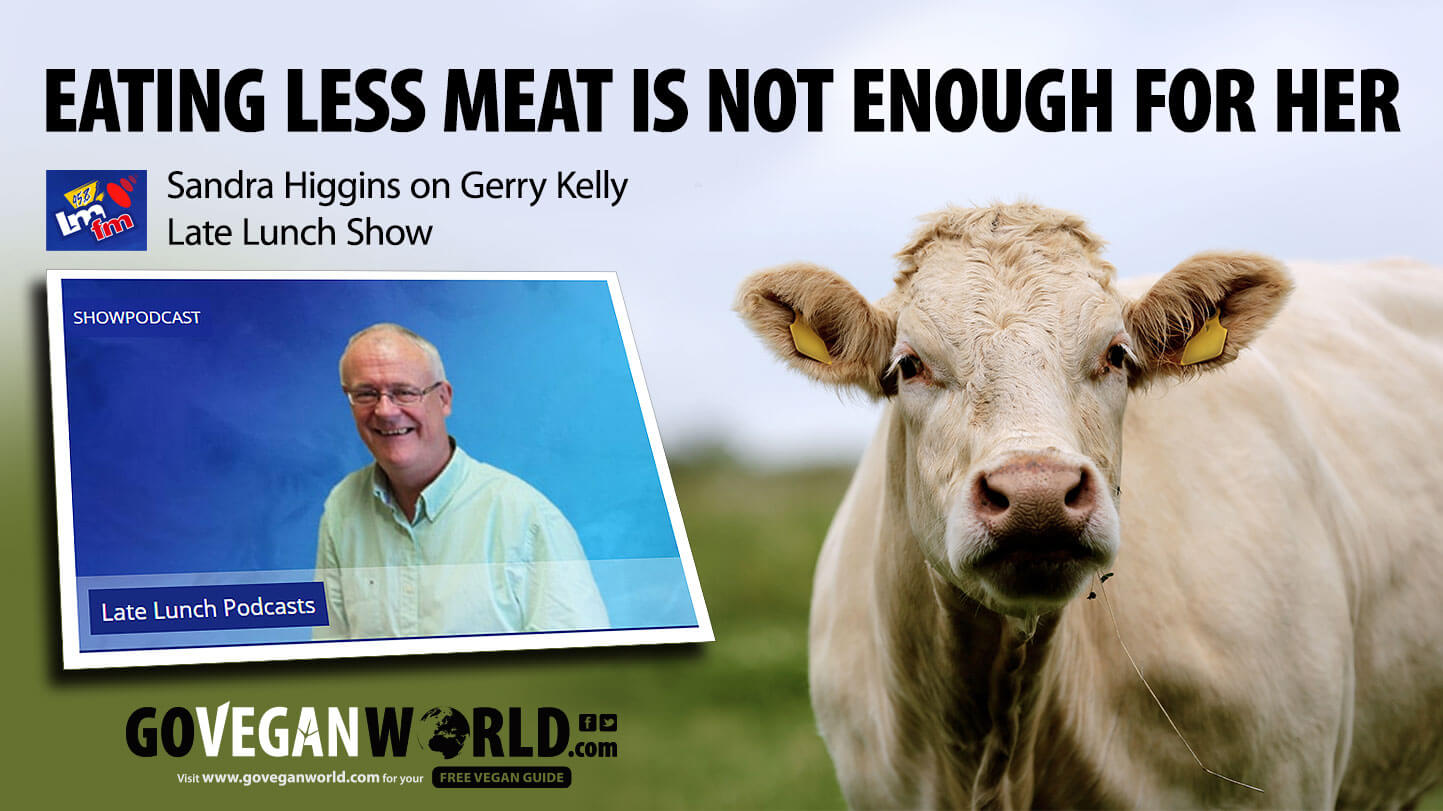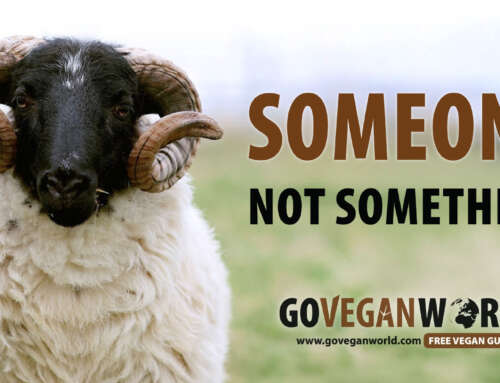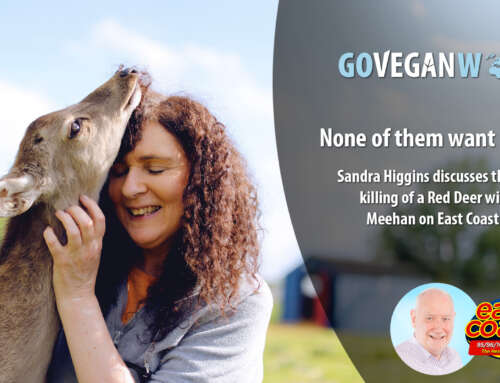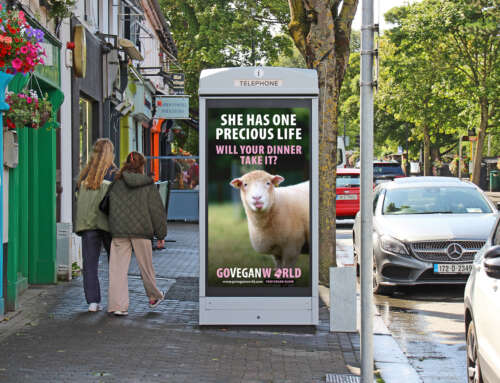Animal Rights Funding
We live in a highly narcissistic culture where our usual concern is for ourselves or our in-group. But healthy social and psychological functioning also focuses externally and considers those who are different to and distant from us. Humans possess a sense of fairness and justice through a combination of innate factors (such as the ability to empathise with others even if they are different to us ), external factors such as social learning and factors that are a combination of innate traits and social learning such as and the ability to forfeit immediate gratification for the greater good of the future. Unfortunately, in a speciesist culture where other animals are objectified and used for human convenience, taste and profit, any natural sense of justice towards or affinity we might have had with other animals, is quickly compartmentalised to exclude almost all of them through social conditioning. That is why we love cats and dogs but eat sheep, cows, chickens, turkeys and fishes (or it might be more accurate to say that we use cats and dogs for their companionship and affection, because our use of other animals as companions is also unjust). However, this compartmentalisation is why most of the money donated to helping other animals is given to cats, dogs, donkeys and horses and not to farmed animals, vegan education or animal rights causes.
The Investment of Activists
Animal rights activists take many roles. Some of our work is highly visible (e.g. street education, film production, and the publication of books); some of use any spare time we have educating through social media; some of the most powerful activism takes place in the everyday conversations that vegans have with family, friends and colleagues; some of the hardest and bravest work is done behind the scenes by faceless, nameless people such as those involved in animal rescue and sanctuary work, and those who document the atrocities inherent in animal use. Among the faceless, nameless people behind the scenes are those who fund the few organisations fortunate enough to have any support at all.
Why would someone give their money away? In our culture where everything has a monetary value, it is difficult to conceive of a purely altruistic motive. Yet, concern for others without monetary gain or public credit is exactly the motive of those funding Go Vegan World.
Activist Motivation
Is the external focus on the rights of others, that characterises effective social justice activism, attributable to passion or to some quirky, highly sensitised emotional system in the brains of activists? Science suggests not[i]. While most of us have a visceral reaction to witnessing animal exploitation and slaughter, that is because our sense of empathy, morality and justice is not restricted by arbitrary difference such as species membership. Our response to injustice is not solely motivated by our emotional minds but by logic and reason. It is not logical or reasonable for members of one species to own, use, exploit and kill members of other species. Social justice activists are motivated to attain justice for other animals because we believe that it is not fair to discriminate against others on the basis of arbitrary differences such as race, colour, gender, sexual orientation, age, class, religion or species.
Vegan Education & Behavioural Change
Vegan education is not about pointing accusatory fingers at others: it provides information that is everyone’s right to know and responsibility to act on; it prompts critical thinking, and helps create practical solutions so that everyone can live well in a plant-based economy without using other animals.
Behavioural change involves initial effort and going vegan is no exception. Behavioural change is likely to last if our motivation to change is consistent with our values and goals. The reason for going vegan is to respect the rights of other animals. Most of us claim to respect other animals sufficiently to want to avoid unnecessarily oppressing, harming and killing them. Therefore, the motivation for veganism is entirely congruent with the values most of us claim to already hold and so vegan education that focuses on animal rights as the motivational factor for behavioural change, has a high chance of success. There are other facets of education for behavioural change that enhance the chances of success. They include encouraging others to make changes that are feasible and have a good chance of succeeding. Changing how we live so that we use plant and other alternatives to animals is entirely feasible and, as a result, the chances of people remaining vegan are very high. There are intersectional benefits to plant-based eating which is part of veganism: they include the potential for better human health, a significant reduction in environmental destruction and climate change, a more efficient and sustainable use of resources, as well as potentially better working conditions for other humans who are currently employed in industries that exploit other animals. These intersectional social justice issues can be used to encourage people to consider the benefits of being vegan and thus enhance the chances of people researching veganism and going vegan.
Bribery is Not a Useful Strategy
Although there are human benefits to going vegan, they are not the reason for veganism. People go vegan for one reason and one reason only and that is because it is the least we owe other animals. Anything else is a plant diet. Activists do not ‘make’ others go vegan. We provide information that animal exploiting industries carefully hide from the public. We educate in ways that encourage others to think critically about the speciesist status quo. We can’t bribe others to go vegan and it is wrong to think we can or that we are doing the animals a favour by trying to. In fact, we discredit others if we use the human benefits of a plant diet, the association of the dietary aspects of veganism with physical strength or weight loss, the trendy image of veganism, or the promotion of veganism by celebrities as attempts to bribe them into doing what they should be doing regardless. Even if there were no ancillary benefits to being vegan, it remains the right thing to do.
However, in the face of the urgency facing our planet, recent reports linking diet to climate change prompted public discussion of how we eat which has been an opportunity to discuss how a vegan diet not only protects other animals by not paying to have them bred and killed, but is also the diet that inflicts the least harm on the environment we share with other species. This has also presented us with an opportunity to discuss veganism in the context of the myth of human supremacy and turn the discussion to the larger issues: other animals are not food; they feel; they value their lives; they are not ours to use; the least we owe them is to rapidly and completely abolish all use of them from our individual lives, and if we are in positions of power, to use that power to promote justice that includes everyone regardless of species.
In The Way Forward is with a Broken Heart, Alice Walker wrote: “Healing begins where the wound was made.” Animal rights violations are wounds of injustice, perpetrated by patterns and processes of oppression, power, privilege, human supremacy, and speciesism. Social justice might might not be as sensationalist, or attention grabbing, or as attractive to fundersas many activists would like, but it’s these wounds we need to address and heal, even if doing so is not popular. It is our responsibility to ensure that we address these issues in ways that do not alienate human victims of these same processes of injustice. It is our responsibility to make sure that our methods of advocacy are not oppressive, exclusionary, or exploitative of anyone. However difficult it is, we are responsible for continually examining our tactics as activists and ensuring that they are fair to everyone. Bribery is not fair. Misrepresenting veganism is not fair.
Apathy & Resistance
The intersectional benefits of the dietary aspects of veganism have been highlighted in the last few years, particularly with reference to the link between diet and the ability of the earth to sustain us. In the face of dire warnings about the catastrophic effects of animal agriculture on environmental destruction and climate change, one would imagine that those working in the fields of environmental protection and food production, those in a positions of power to make social, political and legislative change, parents, and anyone who cares about the future of those we leave behind us on this planet, would consider the rationale for a plant based diet, if not the rationale for the complete abolition of all animal use by humans.
Yet, despite the growing numbers of people going vegan because of the efforts of activists and educators, there remains astounding apathy. Every individual is responsible for how they live and the consequences of their actions on others. Change makers continue to resist the easiest and most effective way to halt our gallop towards destruction which is to change how we eat. Those who appear to have connected the dots between diet and climate change and who indicate a move in the right direction, such as former United Nations High Commissioner for Human Rights and former President of Ireland,Mary Robinson, and Prime Minister Leo Varadkar, face a barrage of insult, criticism and bullying by farming lobbies that can’t see further than the price of the slaughtered animals they profit from.
Our responsibility to other animals
Veganism is rapidly becoming mainstream. In the process of respecting the rights of other animals not to be owned, used or killed, we can simultaneously target many of most urgent problems facing us today such as sustainability, climate change, human rights to food and a sustainable environment, malnutrition, disease and early mortality. But veganism needs to be more than a word that trips easily off the tongue. It is not enough to support vegans and not be vegan yourself. It is not enough to agree in principal that veganism is the right thing to do but continue to use other animals. It is not enough to eliminate red meat yet eat chickens, eggs and dairy. Everyone needs to live without killing other animals. Everyone can live without killing other animals.
Sandra Higgins touched on some of these topics in her recent interview with Gerry Kelly on LMFM. You can listen to the interview here.
.
[i] Yoder, KJ, and Decety, J (2014) The Good, the Bad, and the Just: Justice Sensitivity Predicts Neural Response during Moral Evaluation of Actions Performed by Others. Journal of Neuroscience 34 (12) 4161-4166.






